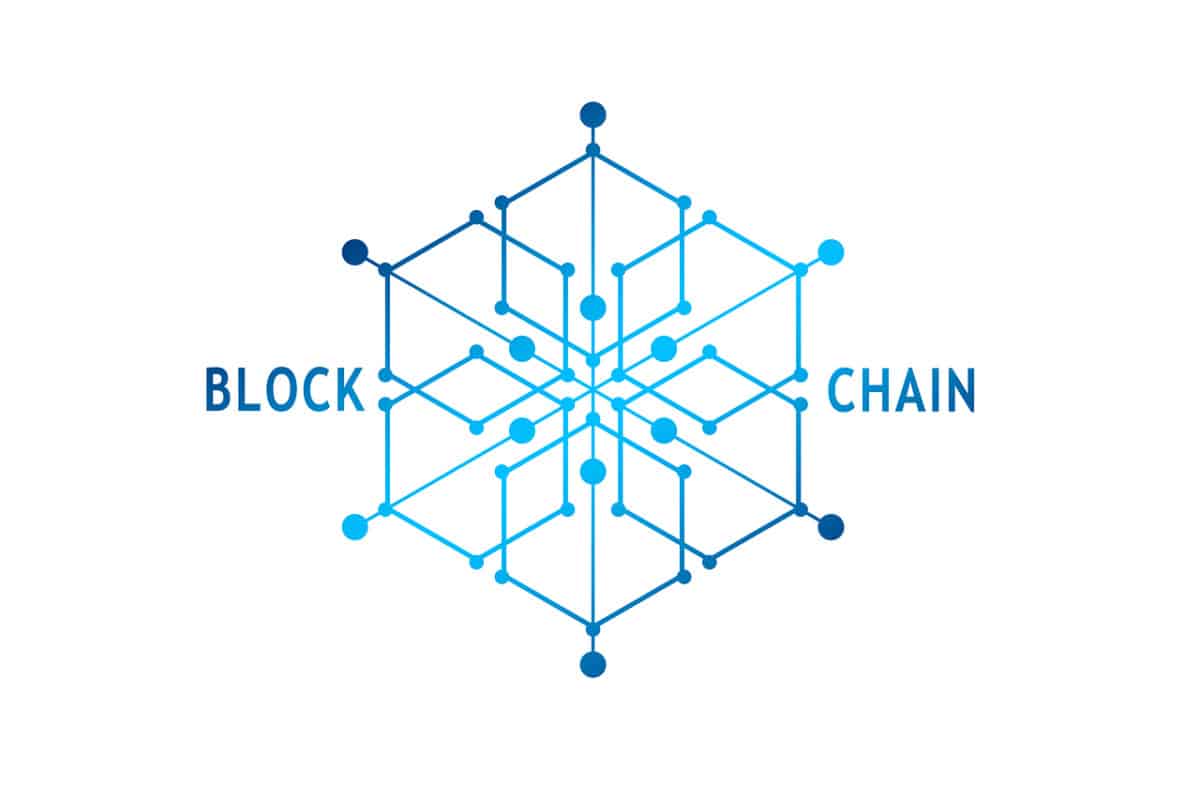There is a formal proposal to create a new law that will regulate the digital asset (DA) market in Costa Rica. This proposal, which was published on November 22nd, recognizes that the most advanced countries in Digital Asset legal regulation are the USA, Switzerland, Portugal, Germany, Singapore, the UK, Brazil, Chile, Mexico and Colombia.
The lack of formal regulation hinders individuals and companies from developing software, enterprises, contractual relationships, investment opportunities and others because financial institutions are not capable of distinguishing digital asset investment from traditional investment. Thus, these initiatives are not able to access bank accounts, loans, or financial markets.
A government entity called PROCOMER which endeavors to promote commerce has made an in-depth study of the digital asset market.
The global market for digital assets is over $210 billion, half of which is invested in America (as a continent) and principally benefited countries with greater regulation and legal security which leads them to conclude that the regulation of this activity is a source of promotion of investment rather than obstruction.
European efforts for regulation have led to the development of a law of markets in crypto assets (MICA). In the past, European Union financial regulations were in the form of directives which would then be integrated into each country´s legal system, thus creating a disparity of rules across the continent.
For FINTECH regulations the European Parliament would prefer a uniform regulation. The proposed regulation is the Rules (Regulation) for MICA, which is a more specific implementation of the MICA law. The law establishes the general principles and concepts, and the rules establish the more specific implementation.
The European model adopts the concept of “crypto asset” as: “a digital representation of value or rights that can be conveyed and stored electronically through technology of decentralized registration or other similar technology”.
The Costa Rica Proposal
The first elements of the Costa Rica proposal are those of use and taxation of mining, commercialization, intermediation, exchange, transfer, holding, custody and administration of crypto assets. This law would be strictly enforceable for these activities, which means that the content of this law MUST be applied strictly and cannot be disposed of by individual interests.
The law establishes several technical definitions such as: blockchain, digital wallet, crypto-asset, algorithm, smart contracts and others.
The law makes a clear reference to Law No. 7786 which is a special law designed to regulate, investigate, and punish a wide breadth of important criminal activity such as money laundering, terrorism, drug trafficking and many others.
The proposal divides crypto assets into their different forms of use: for payment, for use (utility tokens), for investment and hybrids (those which have various characteristics).
The National Council for Oversight of the Financial System (CONASSIF) would oversee this activity and would have certain regulatory powers.
Crypto assets would be considered private property. All persons and entities are free to use these assets for any and all legal activity, including but not limited to the purchase of real estate property, in which case the asset must be linked to a FIAT currency.
The law establishes the principle of technological freedom and net neutrality for which reason no government entity can force anyone to use a specific form of technology.
Those who provide crypto-asset services would not be responsible for any kind of economic damage or loss due to the change in the price of the asset as long as the consumer was warned of the possibility of: partial or total loss of the asset or its value, the volatility of these assets, that they are not legal tender and therefore may be refused as a form of payment, that these assets are not supervised by any superintendency or by the Centra Bank of CR, that it is considered a high risk product.
There are many other regulations which would be too extensive to cover here. The proposal regulates providers of assets, it regulates the canon or fee that providers must pay to be registered and benefits.
It also establishes that the transference of value through crypto assets is not taxable as income tax unless it is a lucrative activity with a Costa Rica source. In other words, these assets are presumed to exist outside of the Costa Rica territory and therefore not subject to income tax. It is also not subject to Value Added Tax.
These assets are also free of Capital Gains Tax unless the values are part of the permanent lucrative activity of the individual.
Of course, this is only a proposal and will probably suffer important changes if and when it actually goes into the legislative process. Nevertheless, it is an important subject in the sense that the regulation of these assets would seem to promote further investment.
About the Author
*** Lic. Jorge Montero B. is a bicultural lawyer born in New York City, educated in the U.S.A. and in Costa Rica. He holds various specialties and master’s degrees in Criminal, Commercial, Environmental and Agrarian Law from the University of Costa Rica and has over 30 years of litigation, contract and counsel experience. Email: acmbalaw@gmail.com; Tel: (506) 8384- 2246; Whatsapp: (506) 8384- 2246
NEW SERVICE: We offer 12 legal consultations for $150.00 (plus $19,50 for 13% value added tax) with a 6-month expiration period. Consultations are only specific legal questions NOT cases or analysis of cases. These consultations DO NOT include legal advice for specific or general issues, ONLY legal questions on specific points of law.





